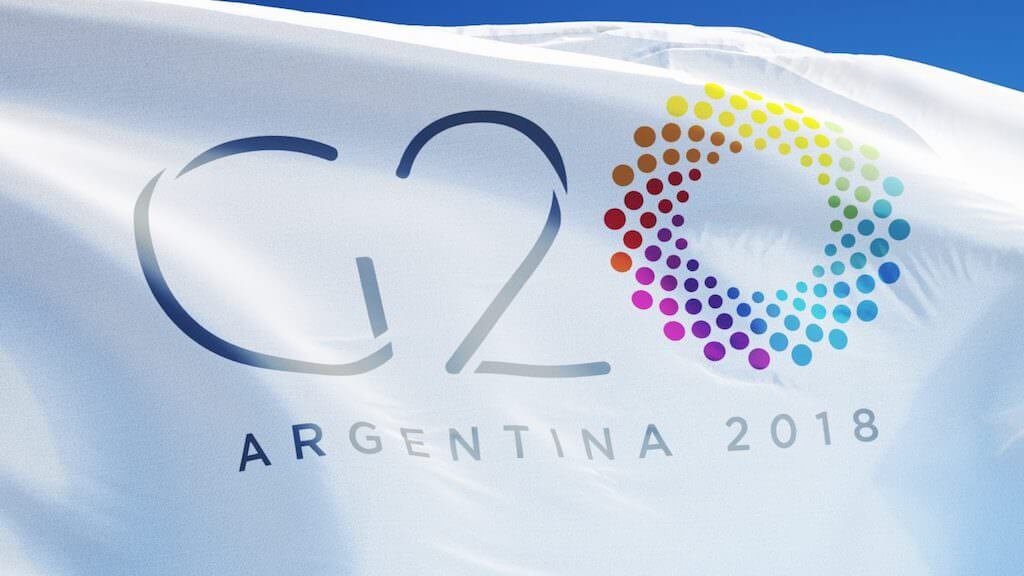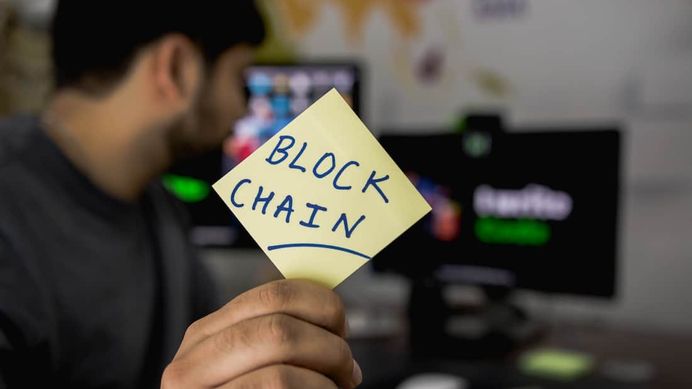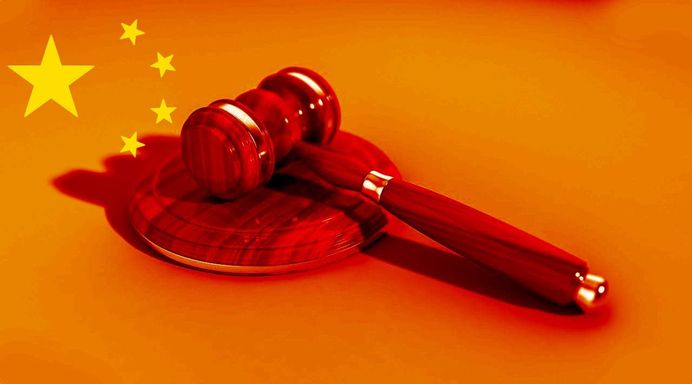Business leaders around the world gathered in Buenos Aires, Argentina, for the G20 Summit, looking for proposals on how to regulate the cryptocurrency assets. Now it is clear that until July 2018 details can be expected.
On Tuesday after the G20 Finance Ministers meeting in Buenos Aires, the Chairman of the Central Bank of Argentina, Frederico Sturzenegger, said that the Member States present agreed that cryptocurrencies had to be regulated, but that more information was needed before any arrangements could be made.
During the press conference, he noted that regulators should be one step ahead of July
“In July we have to offer very concrete, very specific recommendations on, not ‘what do we regulate?’ but ‘what is the data we need?'”
Final document from the G20 says
“We acknowledge that technological innovation, including that underlying crypto-assets, has the potential to
improve the efficiency and inclusiveness of the financial system and the economy more broadly. Cryptoassets
do, however, raise issues with respect to consumer and investor protection, market integrity, tax
evasion, money laundering and terrorist financing. Crypto-assets lack the key attributes of sovereign
currencies. At some point they could have financial stability implications. We commit to implement the FATF
standards as they apply to crypto-assets, look forward to the FATF review of those standards, and call on
the FATF to advance global implementation. We call on international standard-setting bodies (SSBs) to
continue their monitoring of crypto-assets and their risks, according to their mandates, and assess
multilateral responses as needed.”
It is obvious that even if this approach is not accepted, proposals for the regulation of cryptocurrencies will most certainly be published in July 2018.
Last Sunday, a surprise statement was given by the president of the FBS and Bank of England Governor Mark Carney, in which he stated that “Cryptocurrencies do not pose risks to global financial stability at this time”, this statement openly contradicted the regulations approach.
Some of the summit participants called for a global set of rules that can be enforced by any country, but it is unclear how far the discussion on possible regulations has progressed.
In conclusion, the G20 financial leaders refrained from calling for immediate regulation of cryptocurrency assets but called on the international standard-setting bodies to continue their actions.







